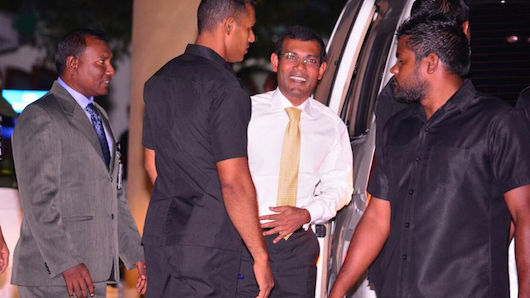The UN Working Group Opinion: Next Steps
While the opinion of the WGAD is a helpful international contribution, it is the Supreme Court that ought, in accordance with the rule of law, have the final word on the fairness of Mohamed Nasheed’s conviction, argues Toby Cadman, partner at Omnia Strategy.

07 Oct 2015, 09:00
The Republic of Maldives is a nascent democracy undergoing a period of transition. Notwithstanding the Government’s commitment to a process of reform so as to improve its legislative framework and practice in terms of democracy, human rights and rule of law, the image of the country is currently being debated in the international arena. A number of international personalities have attempted to tarnish the image of the Indian Ocean nation by criticizing the trial of former President Mohamed Nasheed, who was convicted of having ordered the abduction of judge Abdulla Mohamed, a sitting criminal court judge.
A Non-Binding Opinion
The Government of the Republic of Maldives remains committed to engaging in the work of the UN Human Rights Council as an active and engaging member. It is further committed to working with the UN Special Procedures Branch and, unlike certain States where human rights abuses are rampant, engages with the various mandate holders and has received Special Rapporteurs for in country visits.
The Government also actively engaged with the UN Working Group on Arbitrary Detention. Despite serious concerns over the opinion reached in the case of former President Mohamed Nasheed, the Government will continue to extend its cooperation to the Special Procedures. However, in the instant case it is a matter that remains pending before Maldives’ Supreme Court and it is that independent judicial body that will need to consider to what extent the WGAD’s opinion is taken into account when dealing with the Prosecutor General’s appeal.
Become a member
Get full access to our archive and personalise your experience.
Already a member?
Discussion
No comments yet. Be the first to share your thoughts!
No comments yet. Be the first to join the conversation!
Join the Conversation
Sign in to share your thoughts under an alias and take part in the discussion. Independent journalism thrives on open, respectful debate — your voice matters.




